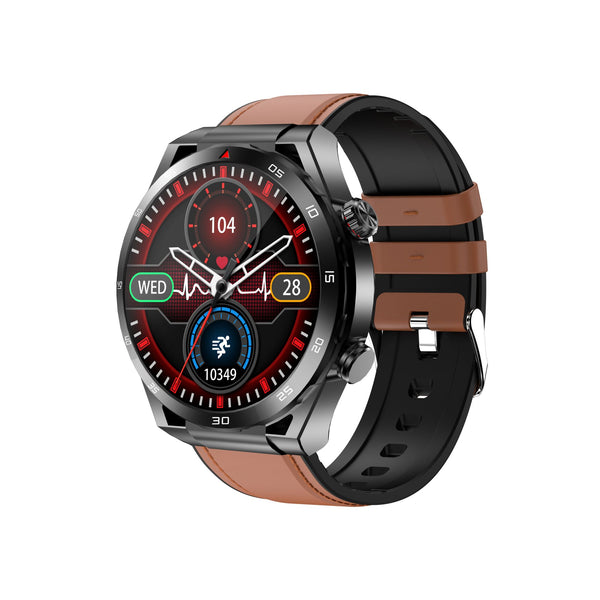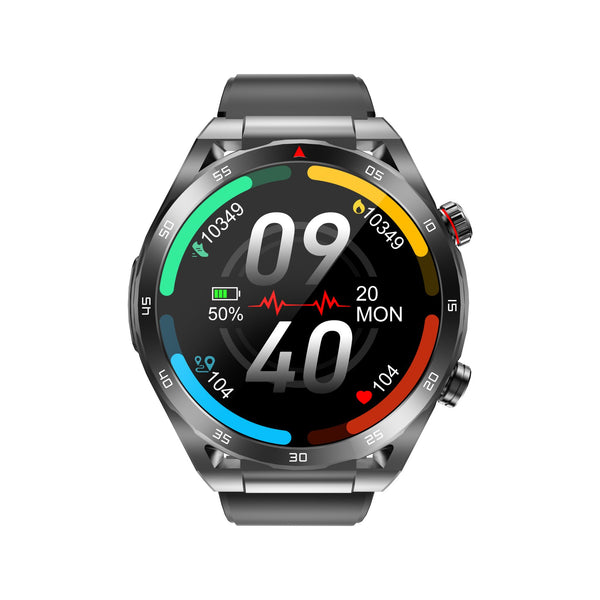Which Foods Lower Blood Sugar
The foods we consume play a pivotal role in determining our blood sugar levels after a meal. This blog explores how various foods impact blood sugar three hours post-meal and provides insights into making healthier dietary choices.
Glycemic Index (GI) and Its Relevance in Post-Meal Blood Sugar Control:
The glycemic index (GI) is a valuable tool for understanding how different carbohydrates affect blood sugar. Foods with a high GI cause rapid spikes in blood sugar, while those with a low GI lead to slower, more controlled increases.
Foods That Lead to Rapid Blood Sugar Spikes:
Certain foods, such as sugary beverages, white bread, and candy, have a high GI and can cause a sharp increase in blood sugar levels. It's essential to limit these foods, especially if you're monitoring your post-meal blood sugar.
Foods That Help Stabilize Blood Sugar Levels:
Choosing foods with a low GI can help prevent rapid blood sugar spikes. Examples include whole grains, legumes, leafy greens, and non-starchy vegetables.
Balanced Meal Planning for Better Post-Meal Blood Sugar Management:
Creating balanced meals that combine carbohydrates, lean proteins, and healthy fats can help stabilize blood sugar. Incorporating fiber-rich foods and portion control are also key strategies.
Recipes and Meal Ideas for Blood Sugar Control:
Consider trying recipes and meal ideas that prioritize low-GI foods and emphasize nutrient-dense choices. These can include quinoa salads, vegetable stir-fries, and whole-grain pasta dishes.
Your food choices significantly impact your blood sugar levels three hours after eating. By understanding the glycemic index of foods and making conscious decisions about what you consume, you can manage post-meal blood sugar effectively. Choosing nutrient-dense, low-GI foods can contribute to better overall health and well-being.
Twellmall Blood oxygen HRV Pressure Smartwatch W30ET8450--Monitor your ECG, make calls via Bluetooth, and effortlessly measure blood glucose levels without pricks. Assess your HRV for stress management, benefit from AI-driven medical diagnostics, and improve well-being with breathing exercises and stress monitoring.












